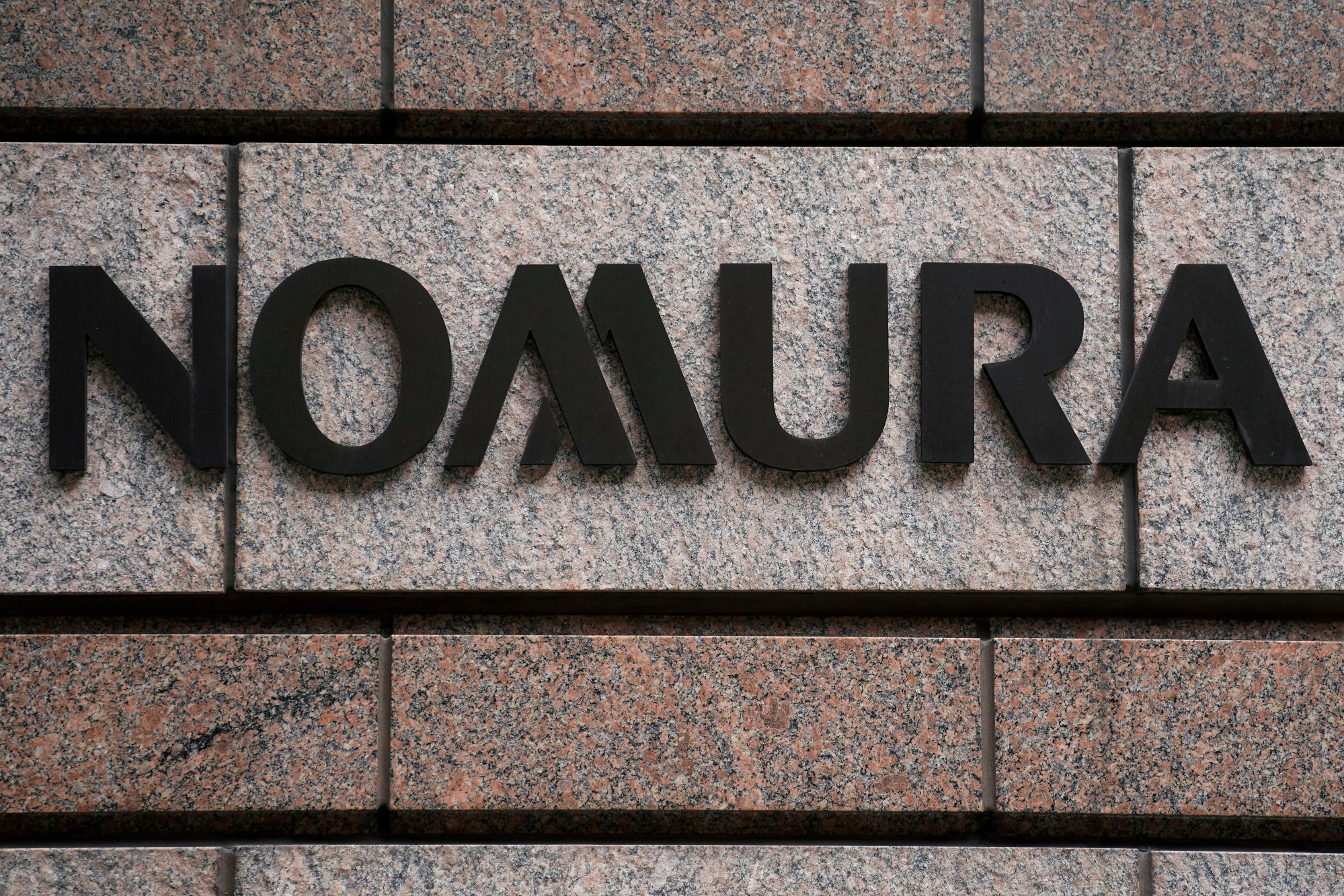
Nomura pours cold water on China’s stamp-duty cut, says market-boosting measure won’t sustain stock rally, bolster growth
- The impact will be short-lived if measures are not followed by moves ‘supporting the real economy’, analysts at Japanese investment bank say
- Nomura’s call is in sharp contrast with Guotai Junan Securities and Soochow Securities, which forecast increased risk appetite and boost for stock valuations
The policies, which were unveiled on Sunday night to revive investors’ confidence, are simply a follow-through of a pledge to boost the capital market made at a Politburo meeting late last month and do not represent a meaningful increment in policy support for reviving economic growth, analysts at the Japanese investment bank led by Harrington Zhang said in a report on Monday.
“The impact will be short-lived if these measures are not followed by measures for supporting the real economy,” the analysts said. “Without additional more aggressive policy stimulus, these stock market-focused policies alone will have little sustainable positive impact on stock markets, not to mention any positive impact on the economy.”
Nomura’s call stands in sharp contrast with those made by Chinese brokerages, with both Guotai Junan Securities and Soochow Securities saying that the measures will increase risk appetite and boost stock valuations.

This is a far cry from how stocks reacted to the last stamp-duty cut in 2008. The Shanghai Composite surged 9.3 per cent on April 24 that year, after the tax rate was slashed from 0.3 per cent to 0.1 per cent, and it soared 9.5 per cent on September 19, when the government exempted investors from the levy on buying stocks.
Historically, lowering the stamp duty has had a limited impact on the stock market, according to Nomura. Mainland China’s benchmark rose between 1 and 2.7 per cent on the days following reductions between 1991 and 2005, it said.
The stamp duty makes up 62 per cent of the trading costs for Chinese traders and this cut, after which only a 0.05 per cent tax rate is being levied on selling stocks, will save investors 138 billion yuan a year, according to Guotai Junan.
The resilience of the stock rally will be tested in the following two weeks, when key August economic data on exports, industrial production and housing prices will be due. The figure for industrial companies’ profits, which came out on Sunday, did not bode well for stocks, with profits falling 6.7 per cent from a year earlier in July for a fifth consecutive month of declines.
“With macro data likely to push back on the rally, I would be surprised if this is little more than a dead-cat bounce,” said Stephen Innes, the managing partner at SPI Asset Management.

